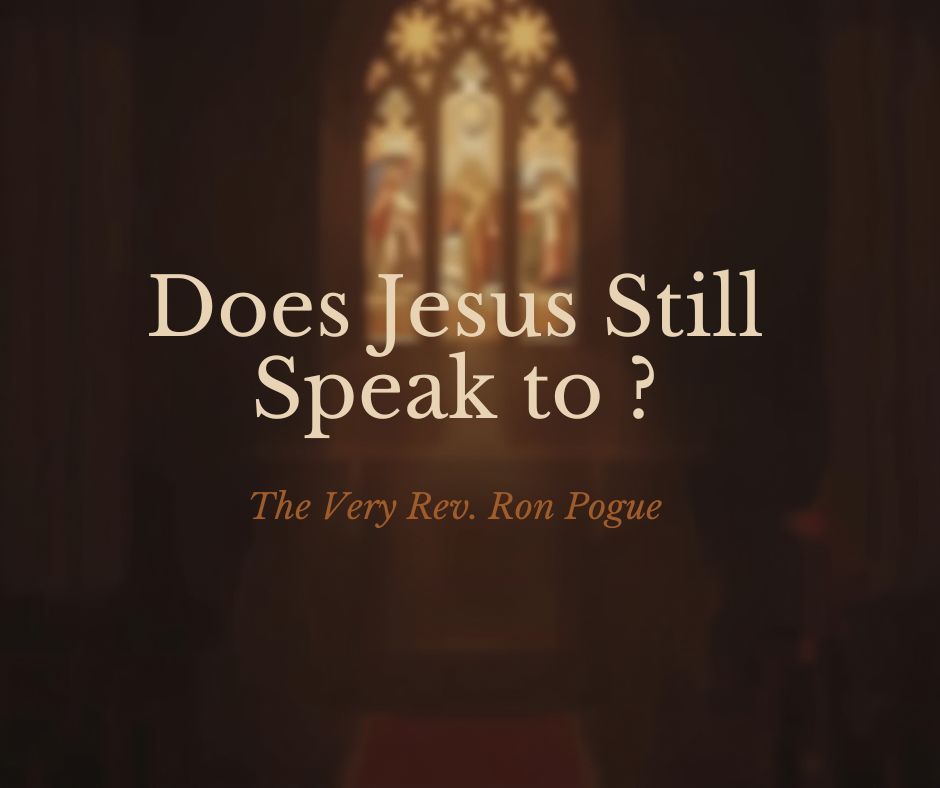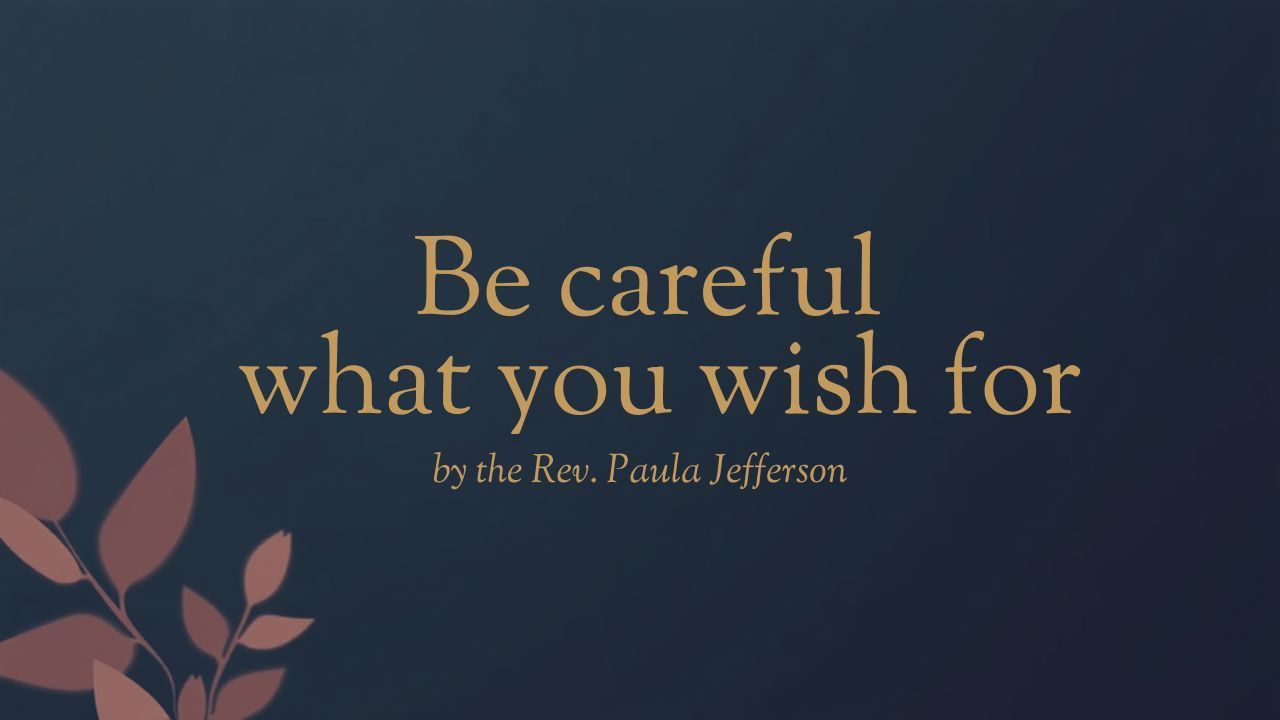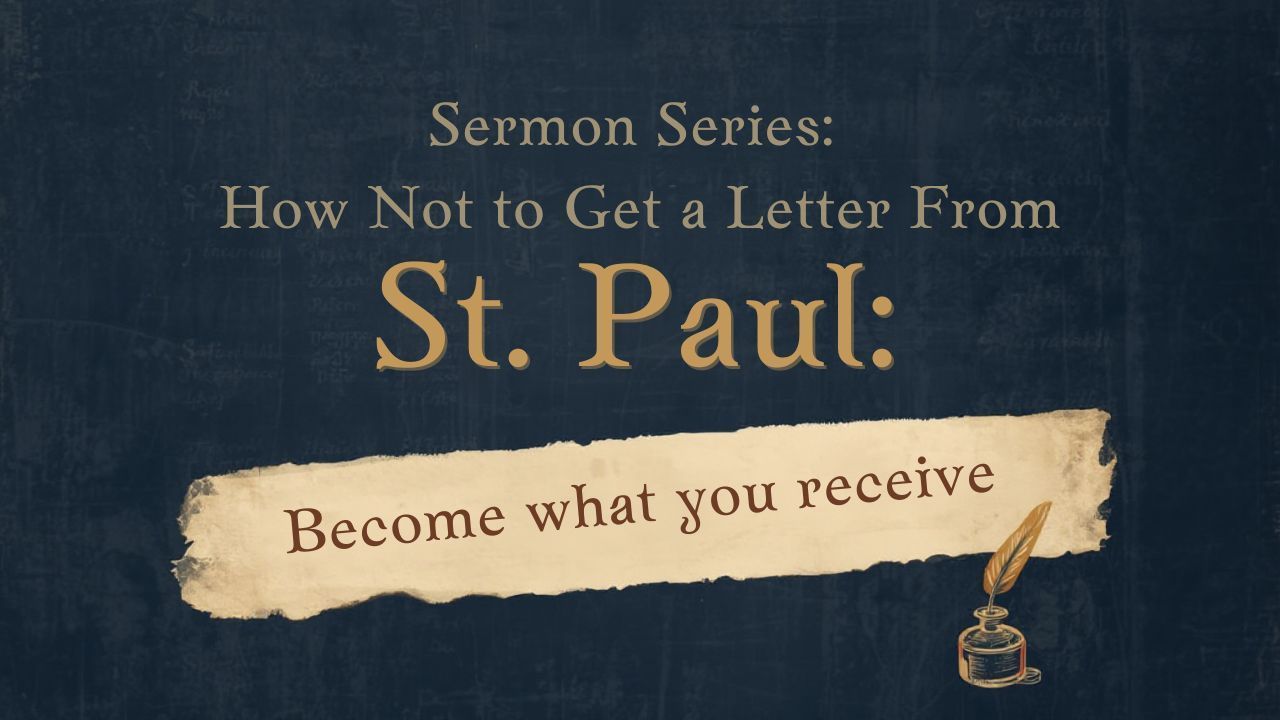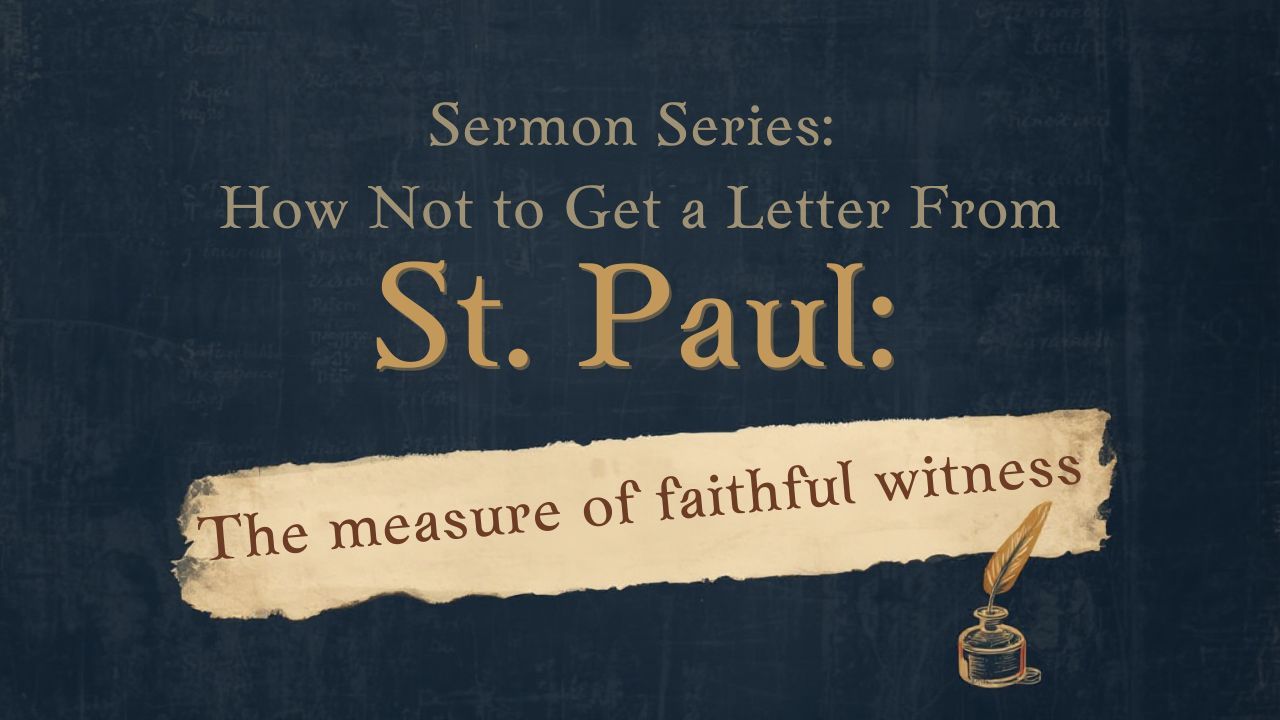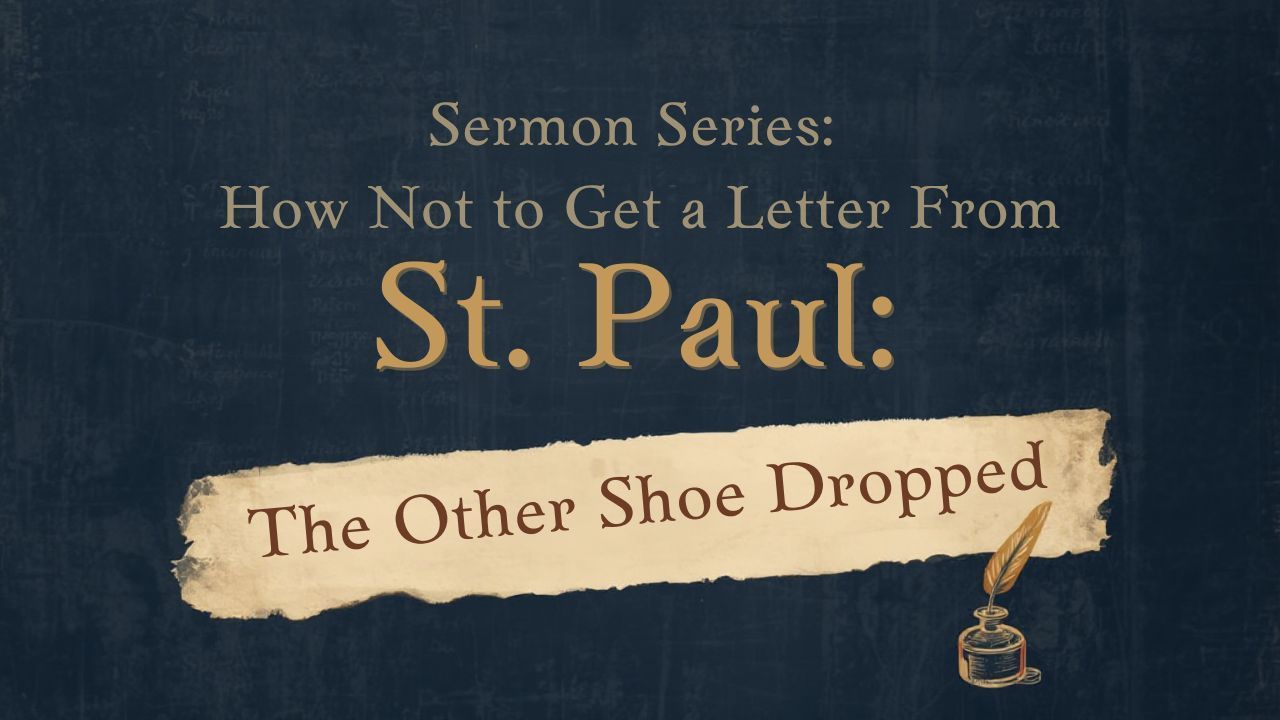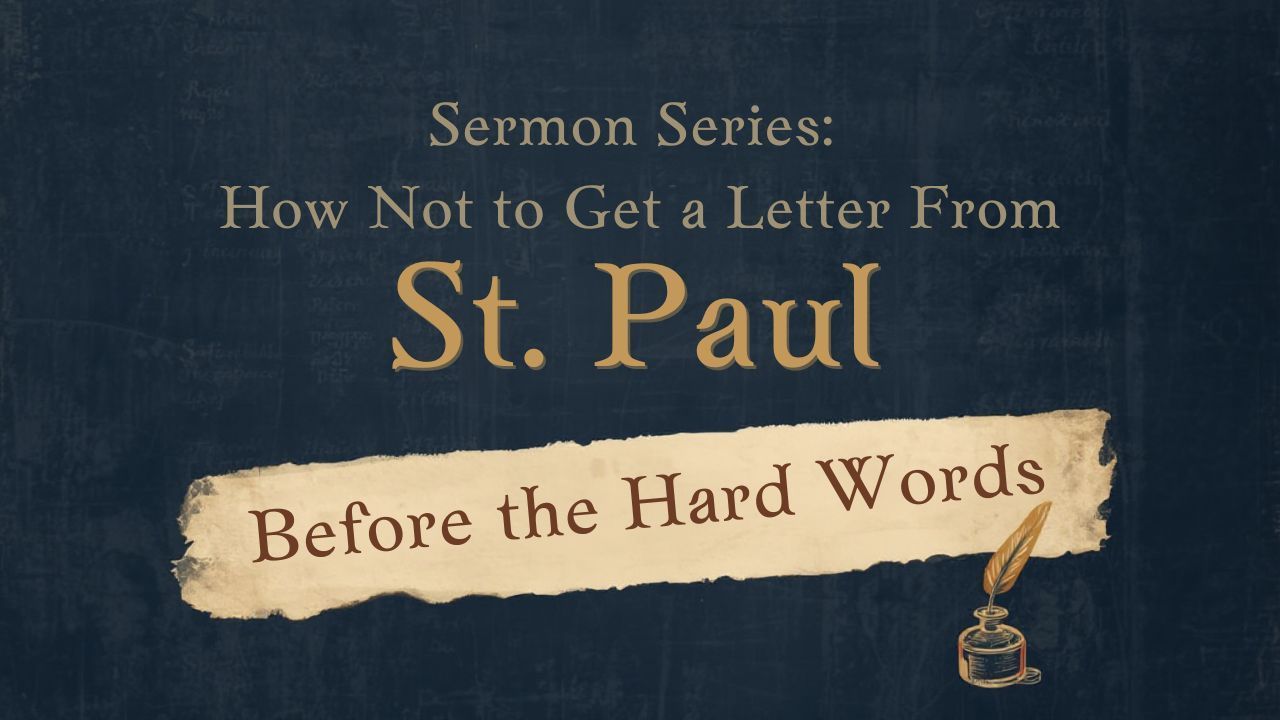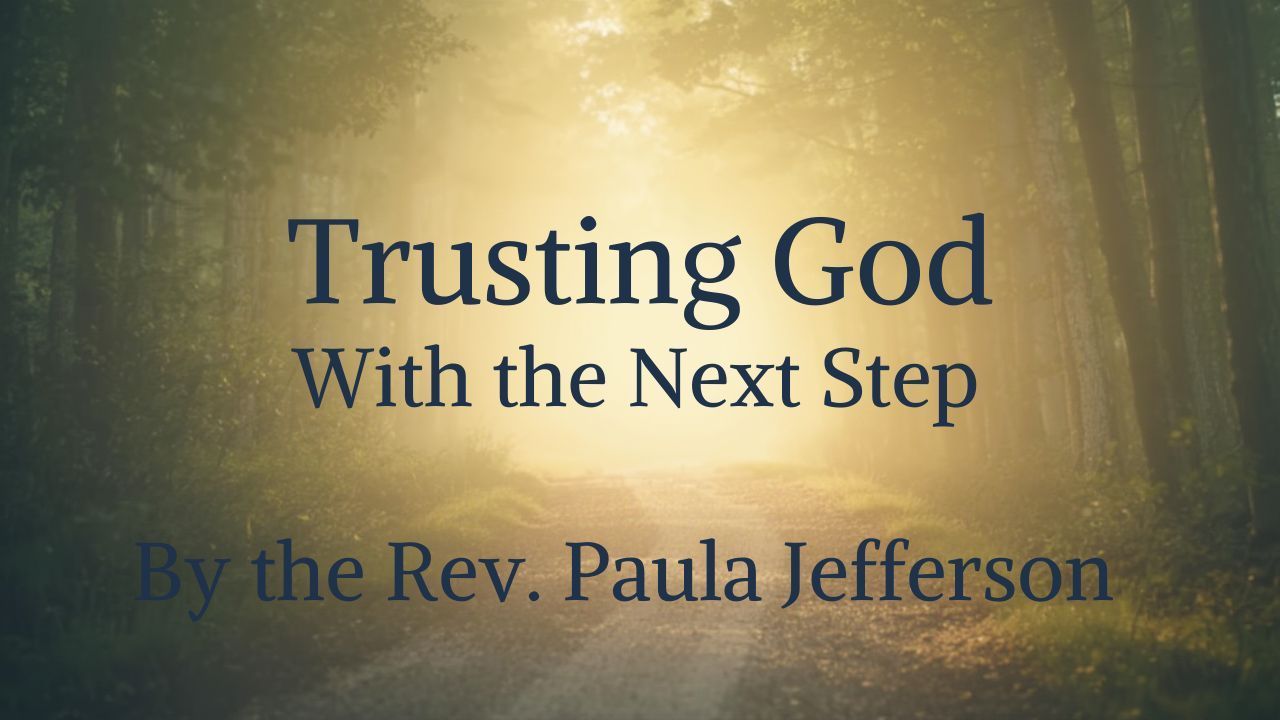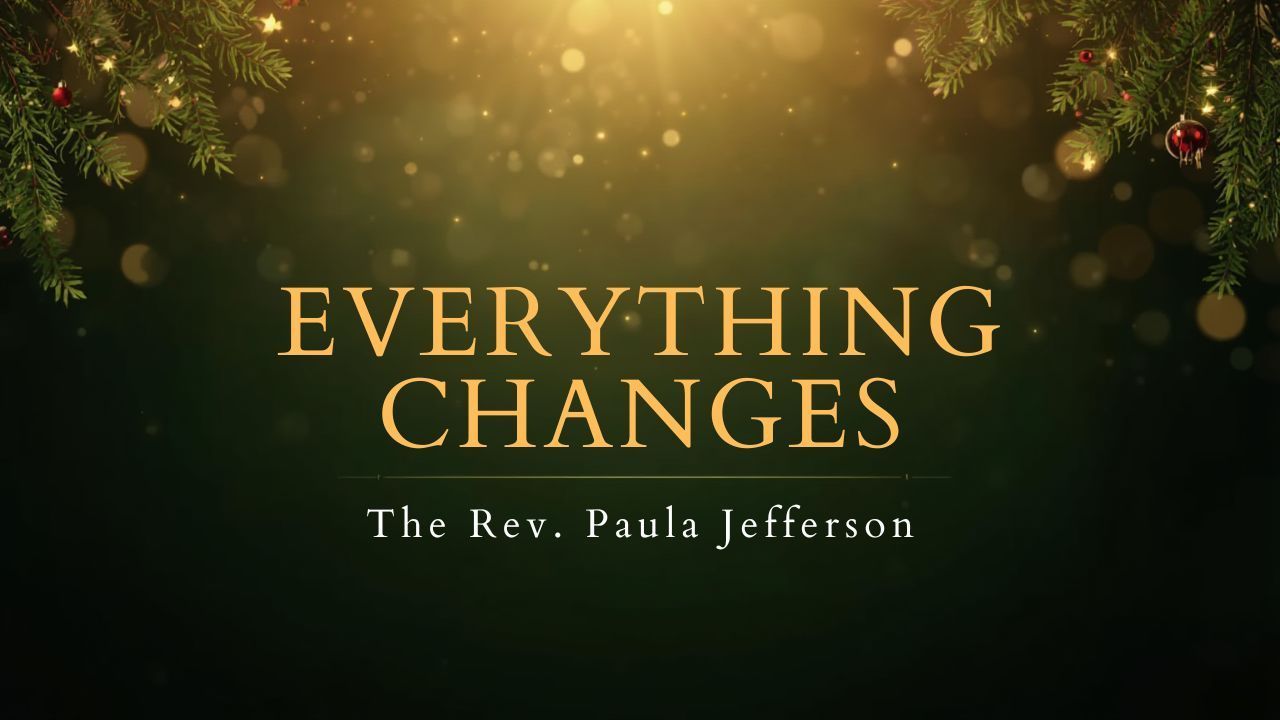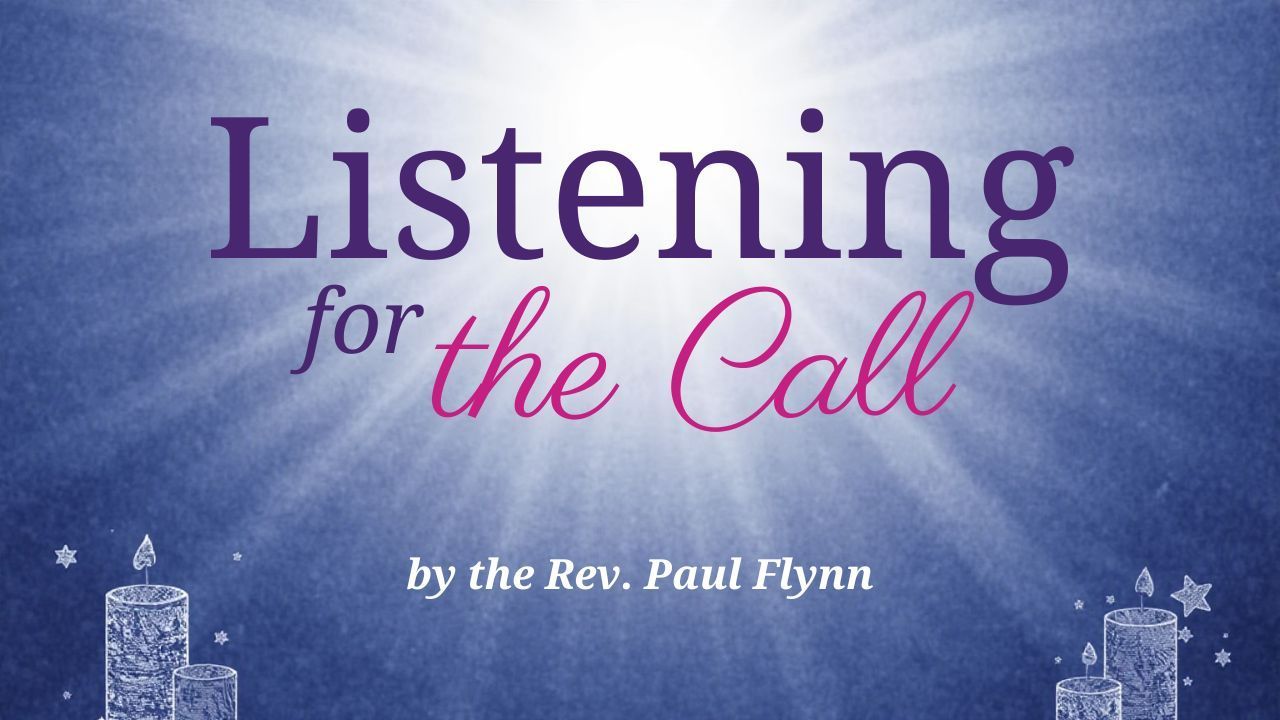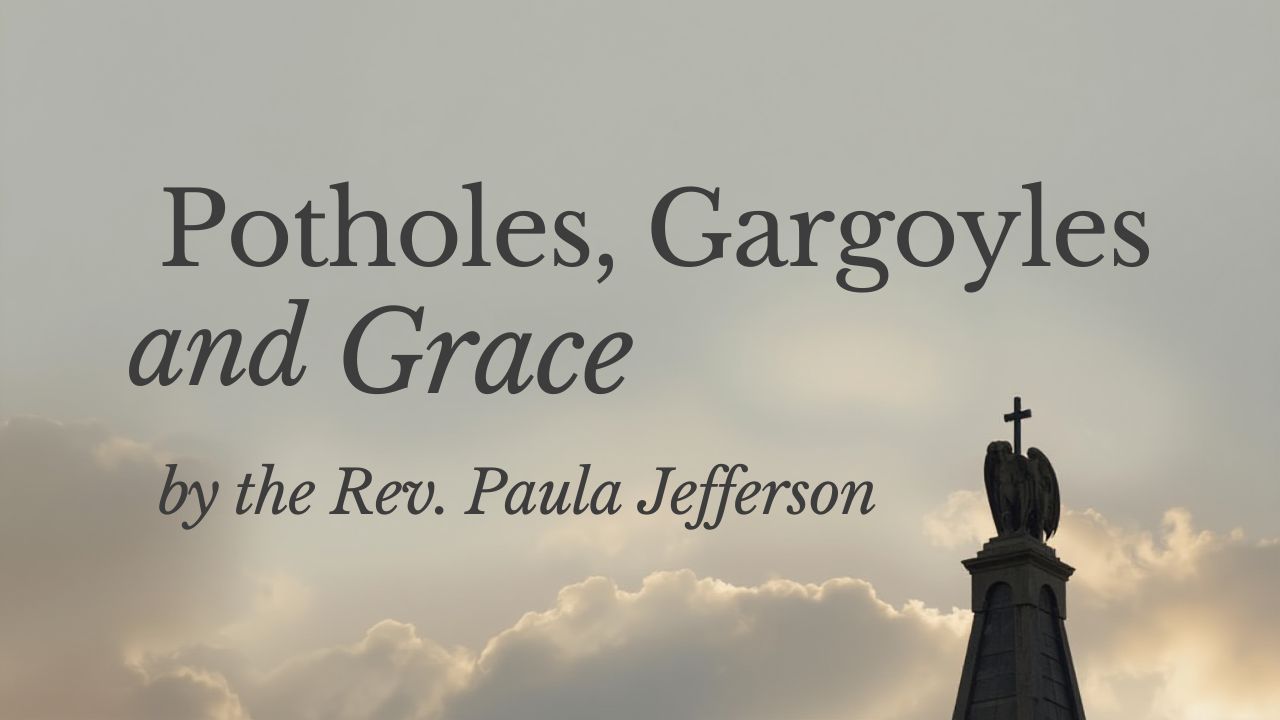Last Sunday was a remarkable day. The Feast of Pentecost brings home the message that God is with us…across all time…across all cultures…beyond our comprehension or imagination … God is with us. More than 90 people joined us for a glorious hour of worship. And the day was just beginning.
During the fellowship hour, our confirmation class began its last session together. It was a longer-than-usual class, and so I invited one of the parents to make a pastoral care call with me. We returned to the church just as the kids were finishing and then I drove home.
As I was driving, the phone rang. Aidan was at the other end…and he had lingering questions from the confirmation class.
What exactly is the Trinity?
I mean, how does it work?
It’s all one God, right?
Those are awesome questions from an 11-year-old! His Holy Curiosity was stirred up…and the timing is perfect for Trinity Sunday. These are the questions that every preacher tries to answer today… preferably without drifting into heresy. Because, historically, it hasn’t gone very well for clergy who drift into heresy.
So, how do we answer Aidan’s questions (without the Bishop inviting us to take a long walk on a short pier)?
Scripture is a great place to start our research. In these ancient stories, humans have recorded their experience with God for millennia. And today’s readings are particularly chosen to give us insight about God as Trinity.
In the Genesis reading, we learn that God creates …out of nothing.
“In the beginning when God created the heavens and the earth, the earth was a formless void and darkness covered the face of the deep…then God said, “Let there be light”; and there was light”.
God creates light, life, and all things out of nothing. Only God can create out of nothing.
Human creativity is not like this. We need the gifts God planted in us and in Creation to be creative. With those gifts, we can create new music, write new literature, build new things. But no human can create something out of nothing.
Human creativity is a partnership with God. We are invited to partner with God in the stewardship of God’s gifts…the gifts given to us, the gifts given to Others, and gifts planted within Creation.
In Matthew, we learn that God redeems…in the name of the Father and of the Son and of the Holy Spirit.
The Gospel conversation happens after the crucifixion…after the resurrection. It is the very last paragraph of Matthew’s Gospel. The Risen Christ is speaking to us. We are to go into the world, making disciples and baptizing in the name of the Father and of the Son and of the Holy Spirit.
Baptizing…bringing disciples into the life of Christ through the power of God. In the water of baptism, we are redeemed and born into new life…eternal life.
Christ gives us a great commission: to teach and to welcome in the name of God.
Paul’s letter to the Corinthians describes God’s life-giving power.
The excerpt from Corinthians is the last 3 verses Paul will write to the Church in Corinth. And his final message? “The God of love and peace will be with you.” It is powerful farewell from a person whose life has changed by the presence of God. Paul is not speculating. He is telling it on the mountain: God is present in our world, in our lives, in this moment.
Scripture reveals to us that God—Father, Son, and Holy Spirit exist in the act of Creation, in the life and work of Christ, and in and through God’s ongoing work in our time.
We are partners in God’s ongoing work: When we gather here and become one body of Christ. Together we hear the Word, we pray, we confess, we affirm our belief. We break bread and share a holy banquet together. We are sent forth in the name of Christ…for we have been changed by the gifts of God.
We are partners in God’s ongoing work: When we raise up disciples through catechism classes, online discussion groups, studying the Holy Scriptures, praying with and for one another.
We are partners in God’s ongoing work: When we are present with one another during difficult times, when we share one another’s burdens, when work together to meet the pastoral needs of our community.
We are partners in God’s ongoing work: When we give our time to the ministries of our parish and our community, when we give our talent to improve the audio/visual technology of our worship, when we give time to help roll out a new web site, when work with others to bring new ministry to life.
We are partners in God’s ongoing work: When we give freely and joyfully from all that God has given to us.
Yes, Aidan, the Trinity is one God, who we know as Father, Son, and Holy Spirit. One God, who we know as Creator, Redeemer, Sustainer. In theological language, God is one being and three persons. Using the language of real life, Br. Curtis described the meaning of Trinity this week:
God as Trinity reminds us that we belong to one another. We need to belong to one another. We are complete and whole only as we do belong to one another, all of us different persons who belong to the One God of all creation[1].
Look around this room…The people sitting beside you, in front of you, behind you. Each of us is created in God’s image. No one more-so or less-so than another. When we work together in the Love and Peace of God, we move toward wholeness as a Body of Christ.
God is in this room…in us…and through us.
One God, many persons.
Amen.
[1] Br Curtis Almquist; Society of St. John the Evangelist; Jan 3, 2023 reflection Trinity
